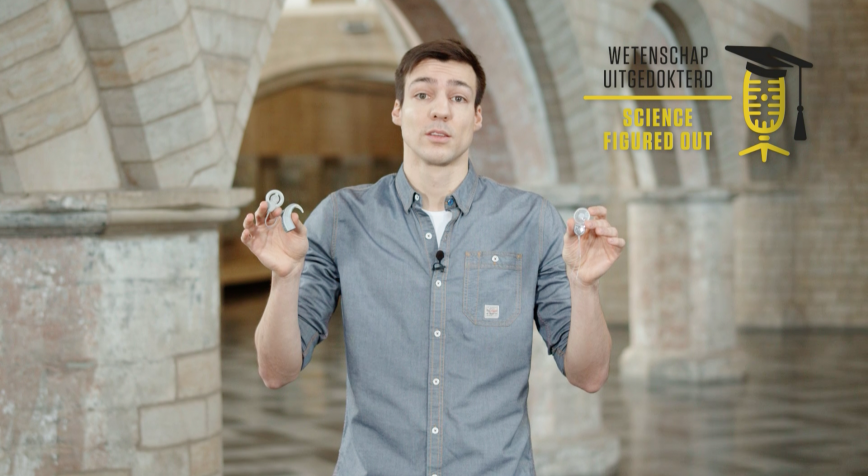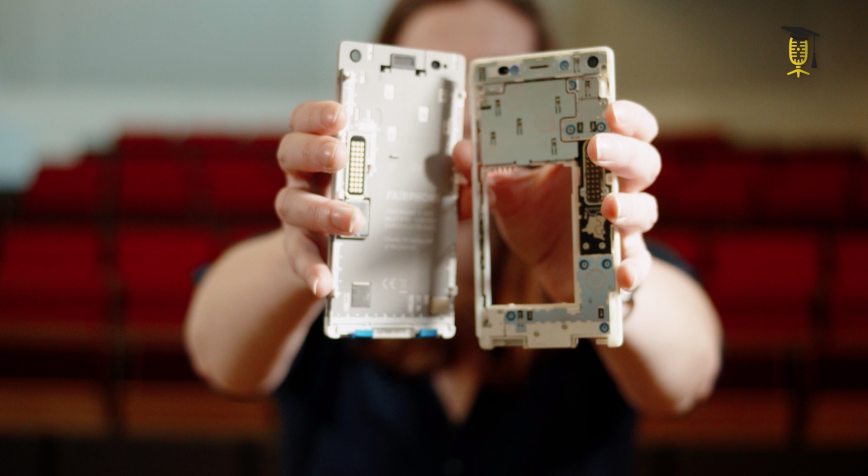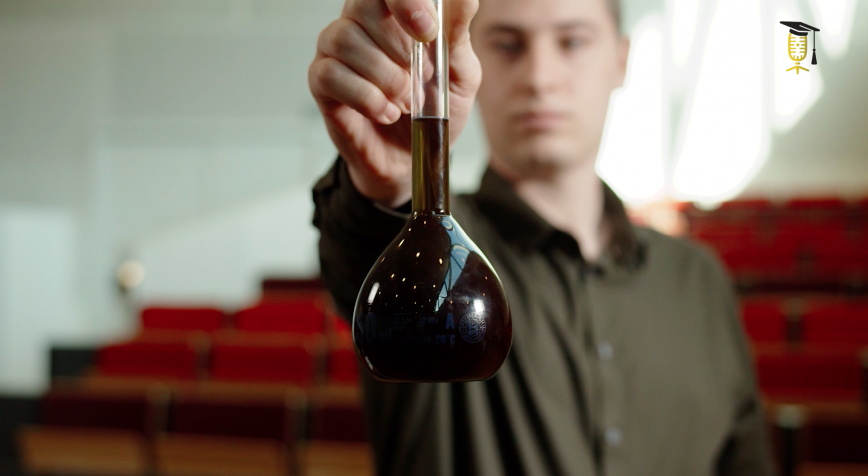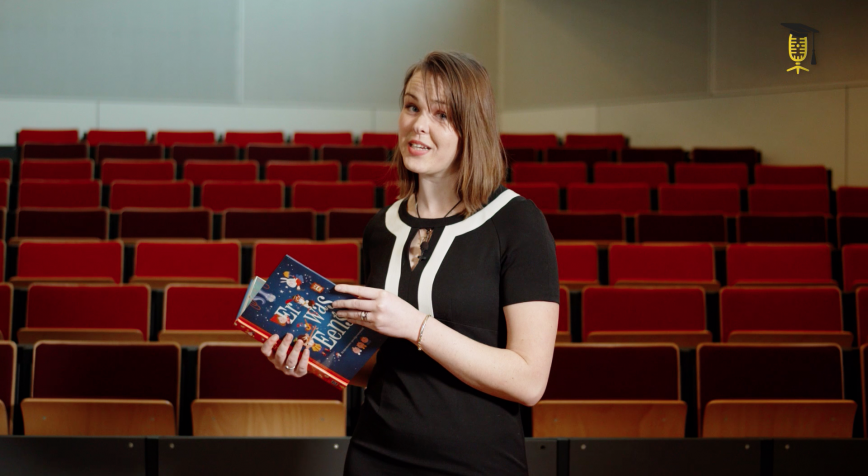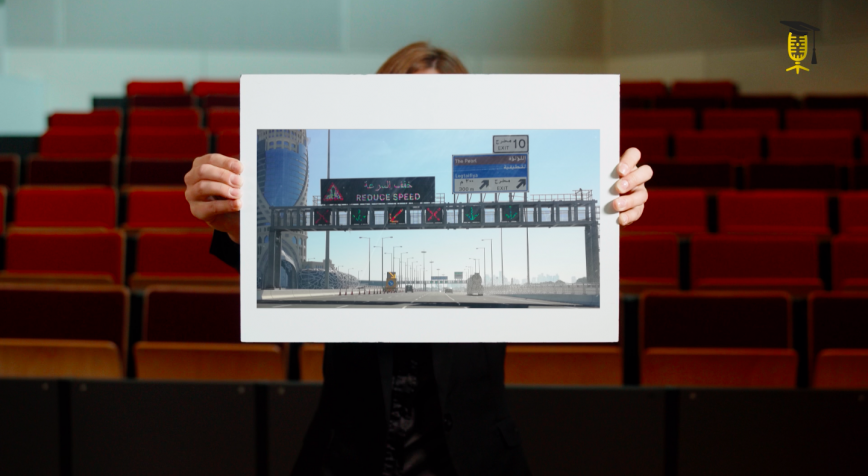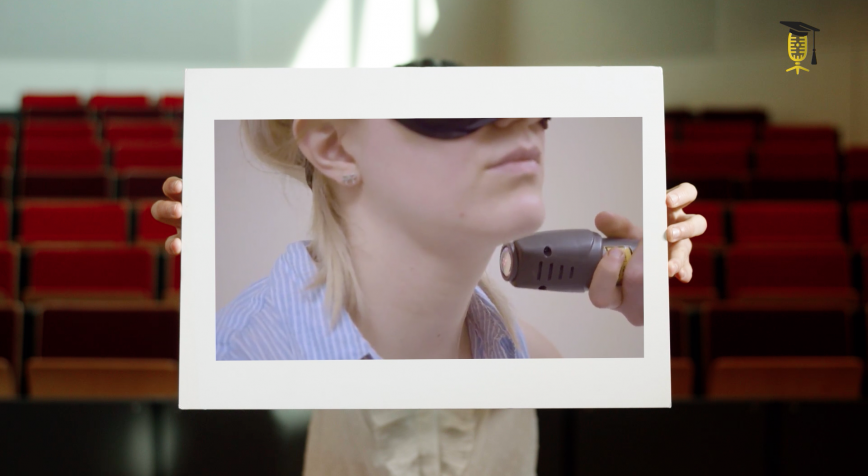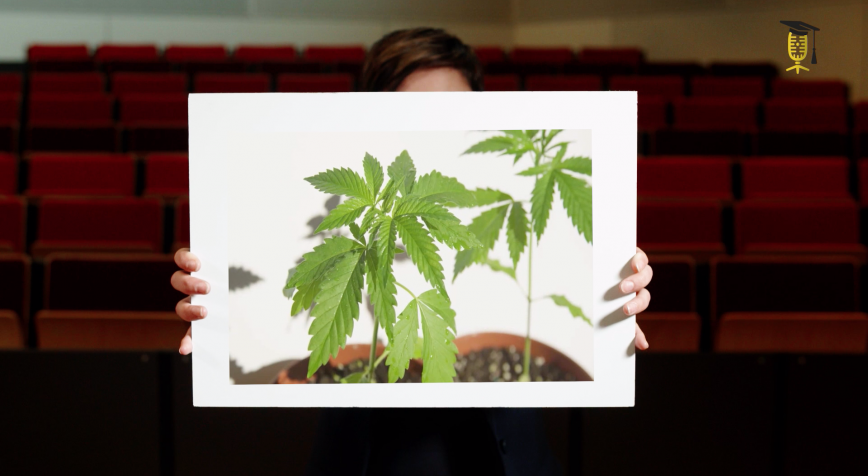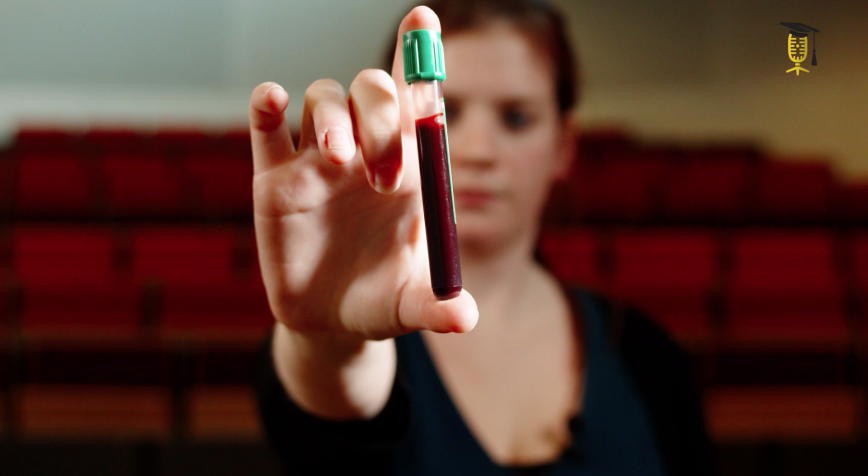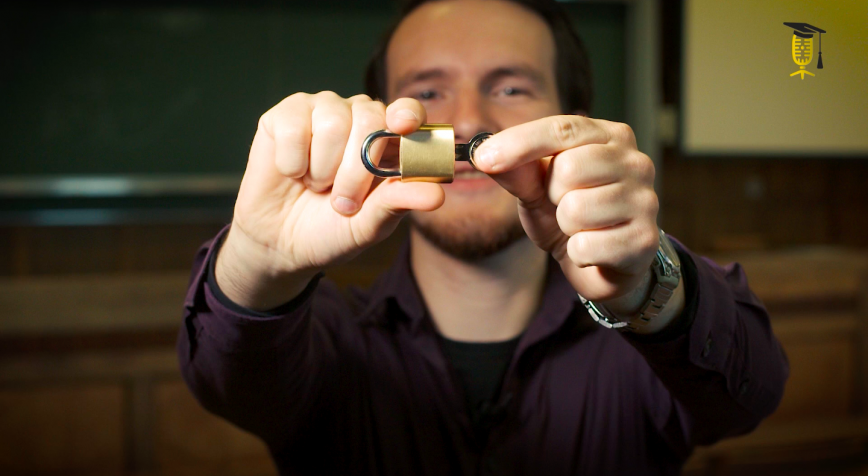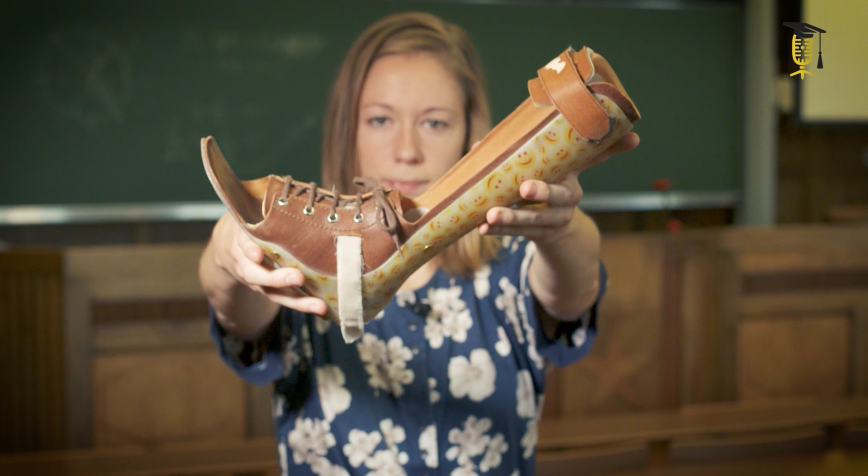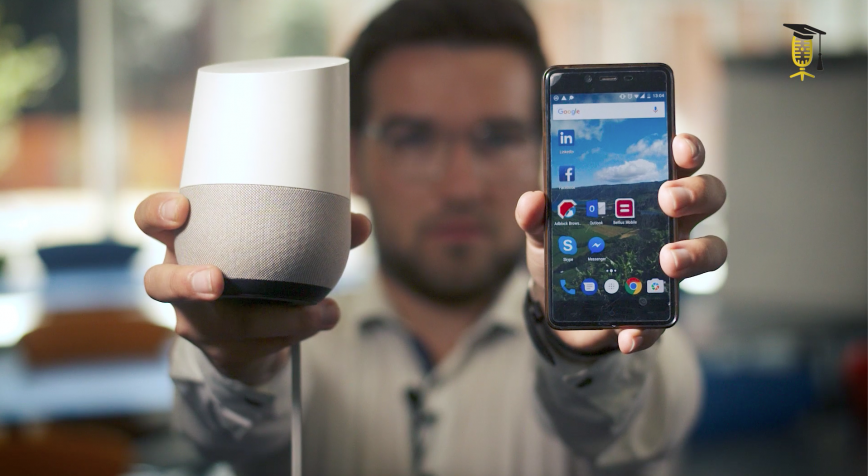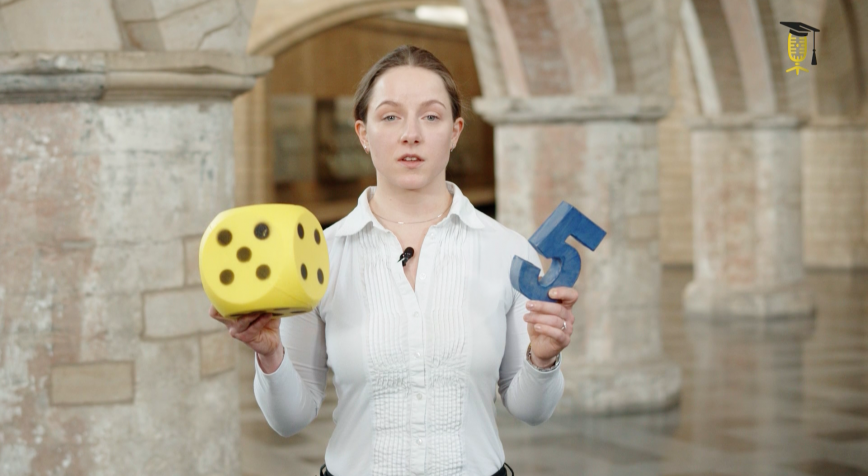
KU Leuven
The psychology behind number processing
"5", "five" and "*****" are just the same, aren't they? Well, not exactly: while these symbolic and non-symbolic notations refer to the same magnitude, our brain processes the digit "5", the word "five" and the dot configuration differently. Mila Marinova looks into the psychology behind number processing. Such knowledge can help to make learning mathematics easier for children.
